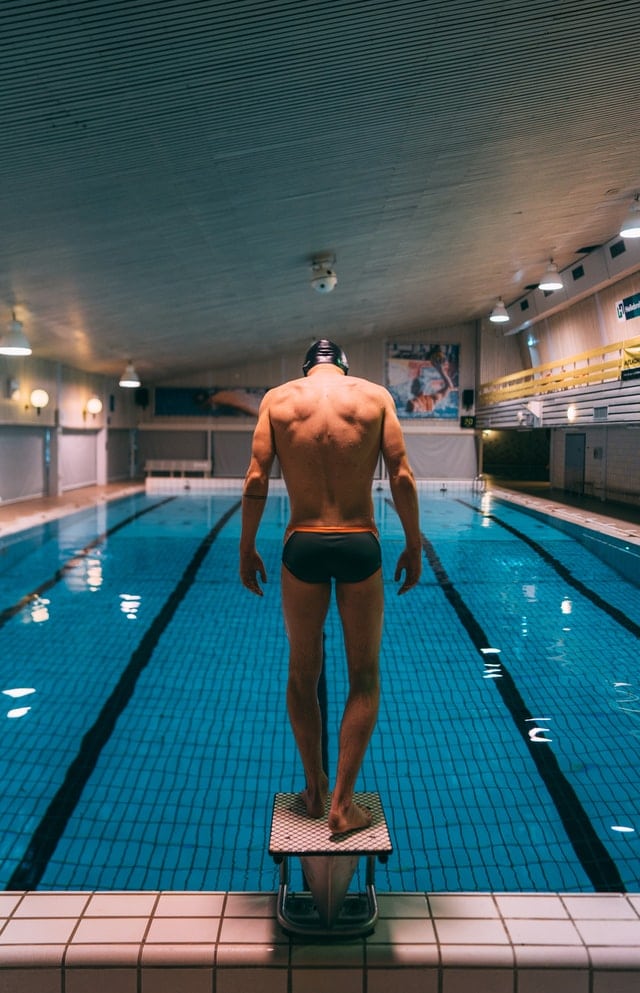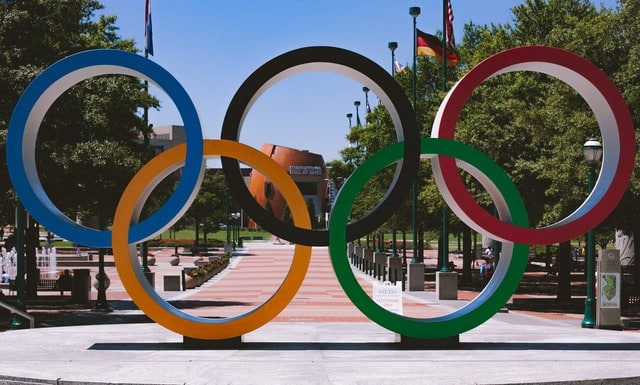The Covid-19 outbreak caused many events to be postponed; this includes the Olympic Games set to be in 2020. Since then many things have happened, there is a vaccine now, and little by little the public events are being celebrated again but, what does this mean for the Olympics? When is this going to happen?
In the summer of 2020, the Olympics should have started, but Japan officially postponed them considering the safety of the athletes. Almost one year later the Olympic Committee announced that the games will go on during summer 2021. After all this time we will see some new sports in the lineup, like skateboarding, karate, and sport climbing.
Table of Contents
When are the 2020 Olympic Games going to start?
The new schedule said that the games will take place in Tokyo between July 23 and August 8. The open ceremony will be celebrated on July 24, but some preliminary events will be taking place around July 22. Finally, the Paralympic Games will take place between August 24 and September 5. We recommend you check the official website to stay up to date.
The majority of the events will be carried in Tokyo and its greater area; however, the marathon and the football games will be carried on Sapporo and Hokkaido. Both localities are currently under emergency Covid-19 measures until July 11, approximately.
What are the measurements in Japan?
A new wave attacked the world again and many of the measurements taken due to the pandemic were tighten. Japan had very low case numbers and most of the Japanese population was careful. Everyone wore masks, stayed at home during quarantine and every public space follows the safety measures recommended by the WHO.
What Sports are in the Olympic Games 2020 lineup?
The lineup for 2020 includes 339 events, representing the 33 classic sports and some new sports. No sport has been dropped from the lineup since 2016 but this year will include new categories. The list of sports and the numbers of events of every single one is:
Aquatics (49), Archery (5), Athletics (4), Badminton (5), Baseball and Softball (2), Boxing (13), Canoeing (16), Cycling (22), Equestrian (6), Fencing (12), Field Hockey (2), Football (2), Golf (2), Gymnastics (189, Handball (2), Judo (15), Karate (8), Pentathlon (2), Rowing (14), Rugby (2), Sailing (10), Shooting (15), Skateboarding (4), Sport Climbing (2), Surfing (2), Table Tennis (5), Taekwondo (8), Tennis (5), Triathlon (3), Volleyball (4), Weightlifting (14), Wrestling (18).
What Covid-19 measures can we expect?
Japan takes seriously the consequences this can have even though all of its population will be fully vaccinated by then. Every international athlete and the support staff will be tested before departure and when they arrive in Japan. This way the country will guarantee that the athletes are healthy for the games.
Whoever is positive for Covid-19 doesn’t necessarily have to do quarantine but must stay in a bubble and avoid mixing. On the other hand, Team GB athletes will have to quarantine because the UK is on Japan’s travel red list. Everyone, including the staff that arrives from the UK, must isolate for six days.
Are there any major changes in the Olympic Games 2020?
Other than the addition of five new disciplines and the return of baseball in the lineup, there aren’t many changes. One example is the new three-on-three basketball competition; this will feature as a new event and will probably stay in the official lineup in the future.
Another adjustment that caught a lot of attention was the one that changed a rule for the gymnastic team. The new rule said that instead of fielding a team of five athletes, every country needs four all-around athletes, with the addition of two more for individual events.
Controversies following the Olympics
The Covid-19 isn’t the only concern around the Olympics this year, as many rumours talk about the athletes and many more concerns that might be a problem later. We will give you a resume here, but we recommend you check the news.
The cost of the Olympics
Since 2013 the budget Japan suggested was around 7$ billion, which has skyrocketed to almost 30$ billion just to guarantee the proper safety measurements. The pandemic has already done its damage to the country’s income; so many locals aren’t excited about the Olympics.
There was some protest around the announcement but the population already accepted that the Olympic games are going to happen. Japan also expressed that this will improve their economy and will benefit them in the long run.
Doping allegations

Russia has been banned because the country wouldn’t cooperate with doping investigations. Many Russian athletes were suspects of taking something to enhance their performance. We still don’t know if the ban will be upheld, so maybe some Russian athletes who haven’t been found guilty might compete.
Other countries have these allegations too, in particular the USA, Australia, and China. Conor Dwyer retired from the sports after being found guilty of using testosterone; Shayna Jack, from Australia, failed a drug test too. In China’s case, Sun Yang has been under suspicion of using enhancers and many competitors are against his participation in the Olympics.
Could the Olympics be postponed again?
Thanks to the many sanitary regulations and the existence of the vaccine, we are little by little regaining our “normal” way of life. We believe that this won’t happen, and it would take a very exceptional circumstance to postpone the games again considering the consequences this would have.
The venues already have been opened for 1000 fans who want to see the sports; this means the country already expended money on the preparations. Not only the opening of the venues means that Japan is already expending money, if Japan cancels the contract this will be a major loss for the country.
On the other hand, if the IOC cancels the contract, they will have to cover all of the expenses, which will severely hurt the budget for the future Olympics. This is a “loss loss” situation for both the country and the organization.





